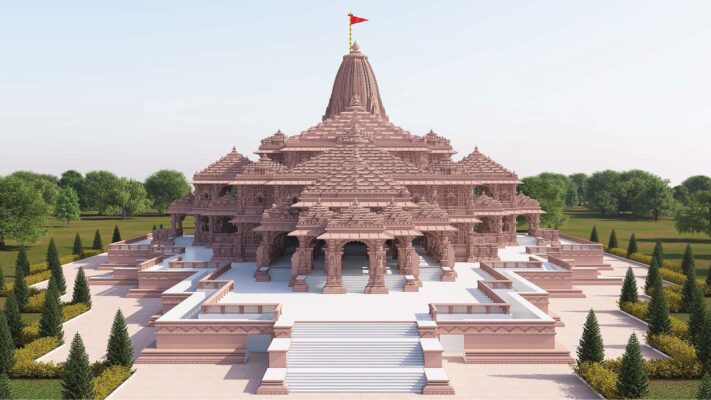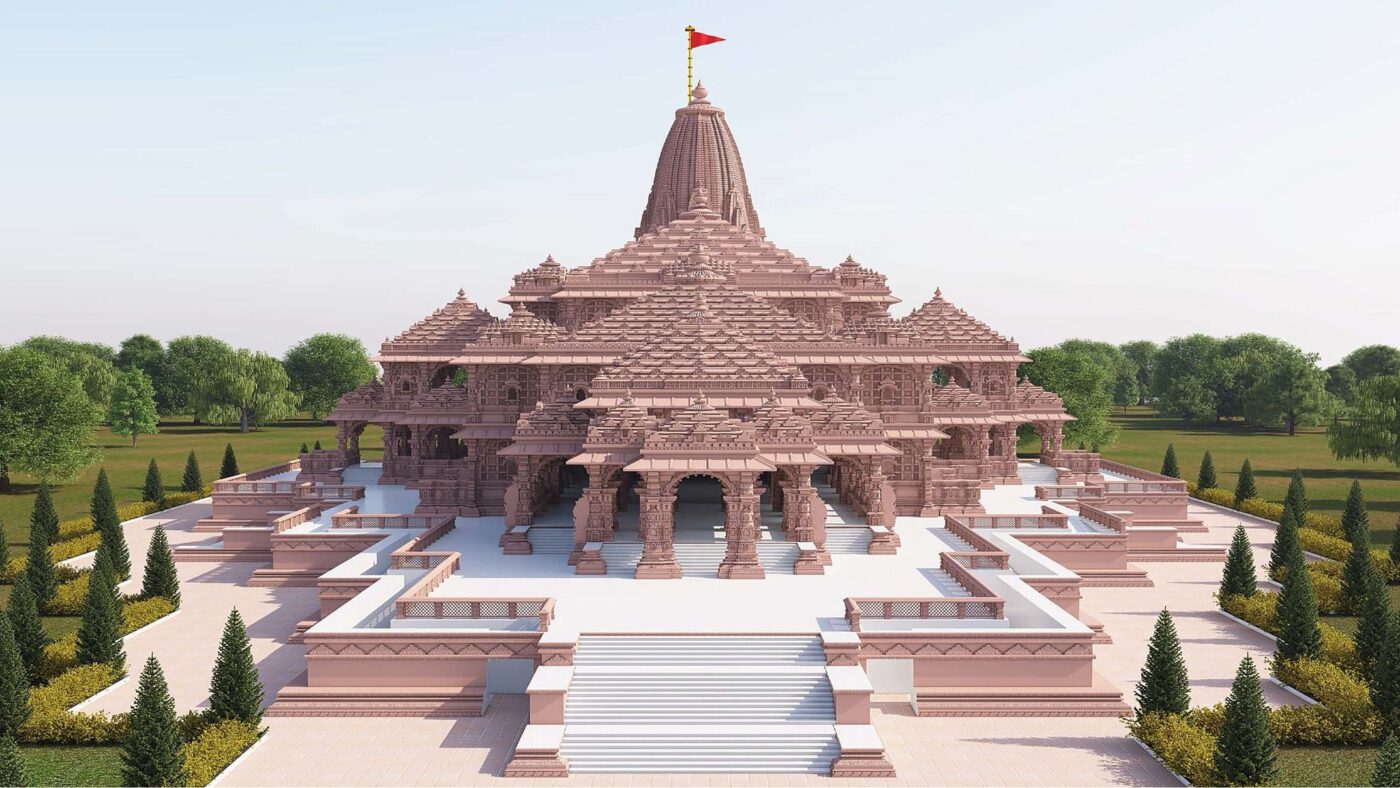1528 in Ayodhya was a complex and historically contested year. The construction of the Babri Masjid stands out as the most significant event, though its interpretation varies considerably:
Hindu Perspective:
- The mosque is seen as a symbol of Mughal dominance and the destruction of a pre-existing Hindu temple dedicated to Lord Rama, believed to be his birthplace. This belief fuels the Ayodhya dispute, a long-standing religious and political conflict.
Muslim Perspective:
- The mosque’s construction is emphasized as a peaceful act of religious expression. This view denies the claim that a temple was demolished for its construction.

Historical Uncertainties:
- The exact date of the mosque’s construction is disputed. Inscriptions mentioning 1528 appear to be later additions, and no contemporary records from that period exist.
- Babur’s autobiography makes no mention of the mosque or a temple’s destruction.
- Some argue the mosque was built much later, possibly around 1660, by Mughal governor Fedai Khan, known for destroying Ayodhya temples.
Therefore, understanding what happened in 1528 requires acknowledging the complexities, uncertainties, and differing interpretations surrounding the Babri Masjid’s construction. It’s crucial to approach this topic with sensitivity and awareness of the ongoing religious and political sensitivities.
Is there anything else you’d like to know about 1528 in Ayodhya or the Ayodhya dispute in general?

